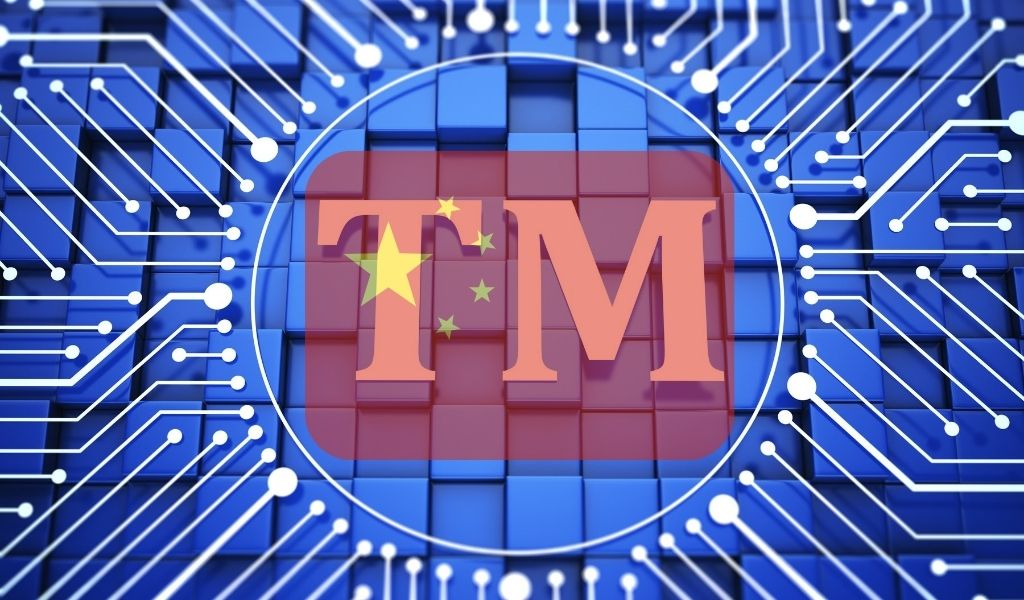Fascinating Data about China’s Rejection of Metaverse Trademark Applications
What is China’s Metaverse?
The Metaverse is a term coined by Neal Stephenson in his 1992 science fiction novel, Snow Crash. The term means “a collective virtual shared space, created by the convergence of virtually enhanced physical reality and physically persistent virtual space”. The Metaverse is also used to refer to the world’s first large-scale immersive virtual reality system.
The Metaverse has been translated into Chinese as Wǎngxiàn Tiānkōng (网络天域). This term was introduced in 1995 by Huang Jianxin, who had been studying the Internet since 1988. Huang Jianxin saw the Internet as an “information cosmos” and called it wangxian tiankong (网络天域).
China Rejecting the Term “Metaverse”, Why?
China’s State Intellectual Property Office has rejected a number of trademark applications for the term “metaverse” on the grounds that it is too similar to other existing trademarks.
The reasons for this are not entirely clear, but it may be due to the fact that China has its own word for “metaverse” in Mandarin, which is “shijieyuanshi.”
Another possible reason is that China has been heavily investing in VR and AR technology. The country wants to be able to protect its intellectual property rights in these areas.
Several news outlets in China reported that the government has started rejecting trademark applications related to virtual reality projects.
-
Trademark applications with the word “metaverse”, translated to Mandarin, have been rejected by the National Intellectual Property Administration. The article also cited data from other sources showing that there has been an increasing number of people lodging trademark applications containing words or phrases related to virtual reality, augmented reality and artificial intelligence.
-
These companies applied but were rejected: NetEase, iQiyi, Xiaohongshu
-
China’s top tech companies-Tencent and Alibaba (which owns the SCMP) are still awaiting approval for their new apps.
-
A trademark review from the U.S.P.T.O has been attributed to a move to prevent a rush of copyright applications which could cause trademark squatting – a situation where someone other than the original brand owner obtains a registered trademark – and mistaking consumers as being related to the original product or service.
-
According to experts, this suggests that authorities are attempting to kill the hype around virtual reality in order to avoid potential competition in the emerging virtual reality market.
-
“Governments should encourage enterprises to enter the metaverse arena and to do so with genuine technological capabilities,” Chen Gaojie of tech research firm PatSnap told the SCMP. Metaverses involve many cutting-edge technologies.
-
The metaverse is a world that blends the virtual world with the physical one. The term originated in a book from 1992 called Snow Crash by Neal Stephenson. It has been described as an immersive virtual space where you can go to work, play, socialize, experience & attend events.
Stay informed with daily updates from Blockchain Magazine on Google News. Click here to follow us and mark as favorite: [Blockchain Magazine on Google News].
Get Blockchain Insights In Inbox
Stay ahead of the curve with expert analysis and market updates.
latest from tech
Disclaimer: Any post shared by a third-party agency are sponsored and Blockchain Magazine has no views on any such posts. The views and opinions expressed in this post are those of the clients and do not necessarily reflect the official policy or position of Blockchain Magazine. The information provided in this post is for informational purposes only and should not be considered as financial, investment, or professional advice. Blockchain Magazine does not endorse or promote any specific products, services, or companies mentioned in this posts. Readers are encouraged to conduct their own research and consult with a qualified professional before making any financial decisions. The featured image used is just a creative depiction of the title and it does not intend to hurt sentiments of any person or institution. If it hurts anyone sentiments, please do not hesitate to reach out to Blockchain Magazine.

 Bitcoin
Bitcoin  Ethereum
Ethereum  XRP
XRP  Tether
Tether  Solana
Solana  USDC
USDC  Dogecoin
Dogecoin  Cardano
Cardano  Lido Staked Ether
Lido Staked Ether  TRON
TRON  Wrapped Bitcoin
Wrapped Bitcoin  Chainlink
Chainlink  Wrapped stETH
Wrapped stETH  Avalanche
Avalanche  Sui
Sui  Stellar
Stellar  Litecoin
Litecoin  Toncoin
Toncoin  Shiba Inu
Shiba Inu  Hedera
Hedera  LEO Token
LEO Token  USDS
USDS  Hyperliquid
Hyperliquid  Polkadot
Polkadot  WETH
WETH  MANTRA
MANTRA  Bitcoin Cash
Bitcoin Cash  Bitget Token
Bitget Token  Ethena USDe
Ethena USDe  Wrapped eETH
Wrapped eETH  Uniswap
Uniswap  Monero
Monero  NEAR Protocol
NEAR Protocol  Pepe
Pepe  WhiteBIT Coin
WhiteBIT Coin  Ondo
Ondo  Aave
Aave  Bittensor
Bittensor  Aptos
Aptos  Dai
Dai  Internet Computer
Internet Computer  Official Trump
Official Trump  Mantle
Mantle  Ethereum Classic
Ethereum Classic  OKB
OKB  Tokenize Xchange
Tokenize Xchange  Gate
Gate  sUSDS
sUSDS  Coinbase Wrapped BTC
Coinbase Wrapped BTC 




